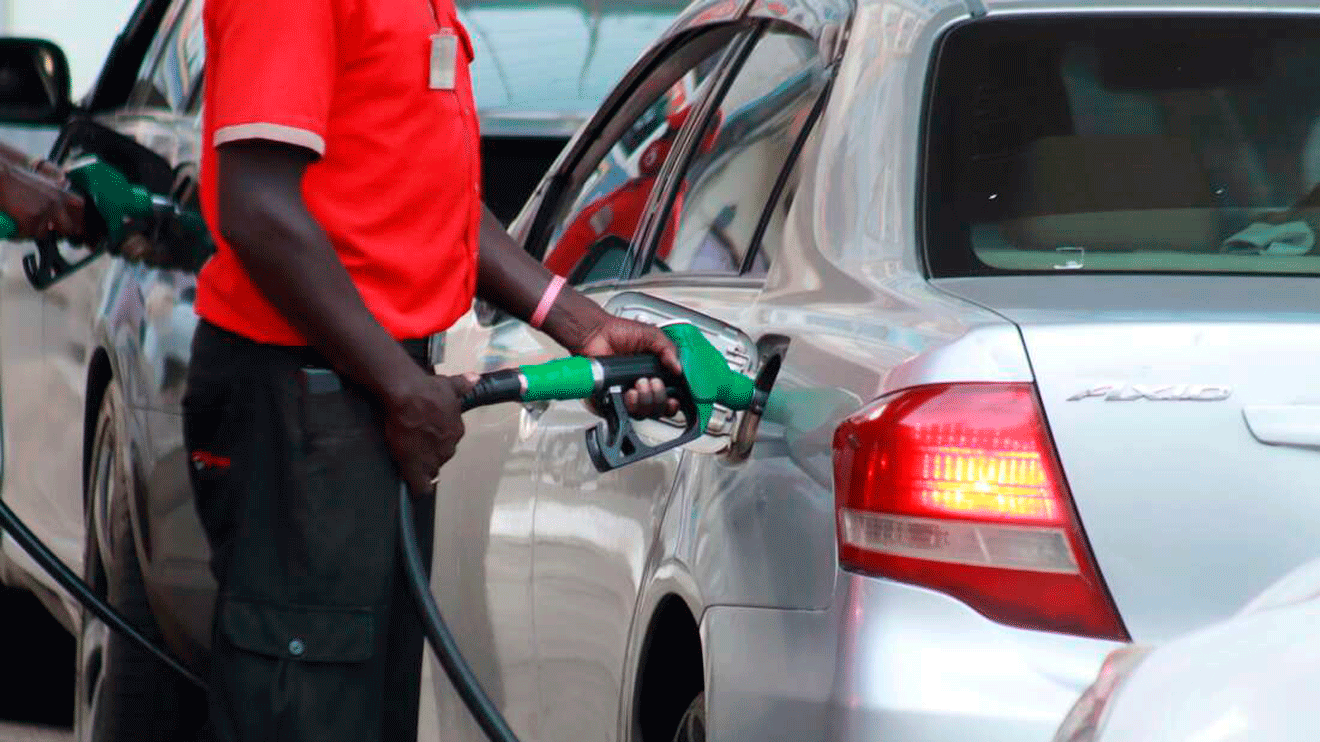The United Republic of Tanzania’s Ministry of Energy has officially reduced fuel prices in the country, effective as of November 1, 2023. The Energy and Water Utilities Regulatory Authority (EWURA) has also set price caps for petroleum products in specific regions of Tanzania, including Dar-es-Salaam, Tanga, and Mtwara. Starting from November 1, 2023, Tanzanians can expect to buy a liter of petrol for prices ranging between Tsh 3,274 (Sh 198.42) and 3,347 (Sh 202.84), while diesel will be available for between Tsh 3,374 (Sh 204.48) and 3,546 (Sh 214.90). Kerosene will now be sold for prices between Tsh 3,423 (Sh 207.45) and 3,495 (Sh 211.81).
The changes in petroleum product prices in November 2023 are mainly attributed to a decrease in the world oil price by an average of 5.68%, a decrease in importation premiums for petroleum products (13% for PMS and 25% for AGO), a reduction in petroleum product production by OPEC+, and economic sanctions on Russia, as explained by EWURA. Retailers who do not adhere to the specified price caps may face legal consequences, and they are required to provide electronic fiscal pump receipts to their customers for any sales they make.
In neighboring Kenya, motorists near the Kenya-Tanzania border have been traveling to Tanzanian border towns to purchase fuel due to increased taxes on fuel by the Kenyan government, resulting in historically high fuel prices. The Kenyan Cabinet Secretary for Energy and Petroleum, Mr. Davis Chirchir, has announced the possibility of another significant increase in fuel costs, with a liter of petrol potentially reaching Sh 300. He attributed this increase to factors such as the Israel-Hamas conflict in Gaza and global petroleum pricing trends.
However, the Central Bank of Kenya has provided a different perspective, indicating that international oil prices decreased due to the dissipating impact of the Israel-Palestine conflict, and inflation was falling in advanced economies. This contradicts CS Chirchir’s position on inflation and its impact on global petroleum prices.
Furthermore, Kenya has lost its role as a petroleum importing partner with Uganda due to taxes and government-to-government fuel importation deals. Ugandan petroleum products will now be imported directly via a Bahrain-based company with transit through Tanzania, potentially lowering fuel costs in Uganda. Kenya has also lost its position as the major transit route for Ugandan products to Tanzania.
Let Us Build Your Online Success!
We are the experts in creating visually stunning and functional websites. With reliable hosting and exceptional customer support, we bring your vision to life. Join hundreds of happy clients who trust us!
Get Started Now📞 Call/WhatsApp: +256 207 800 192

